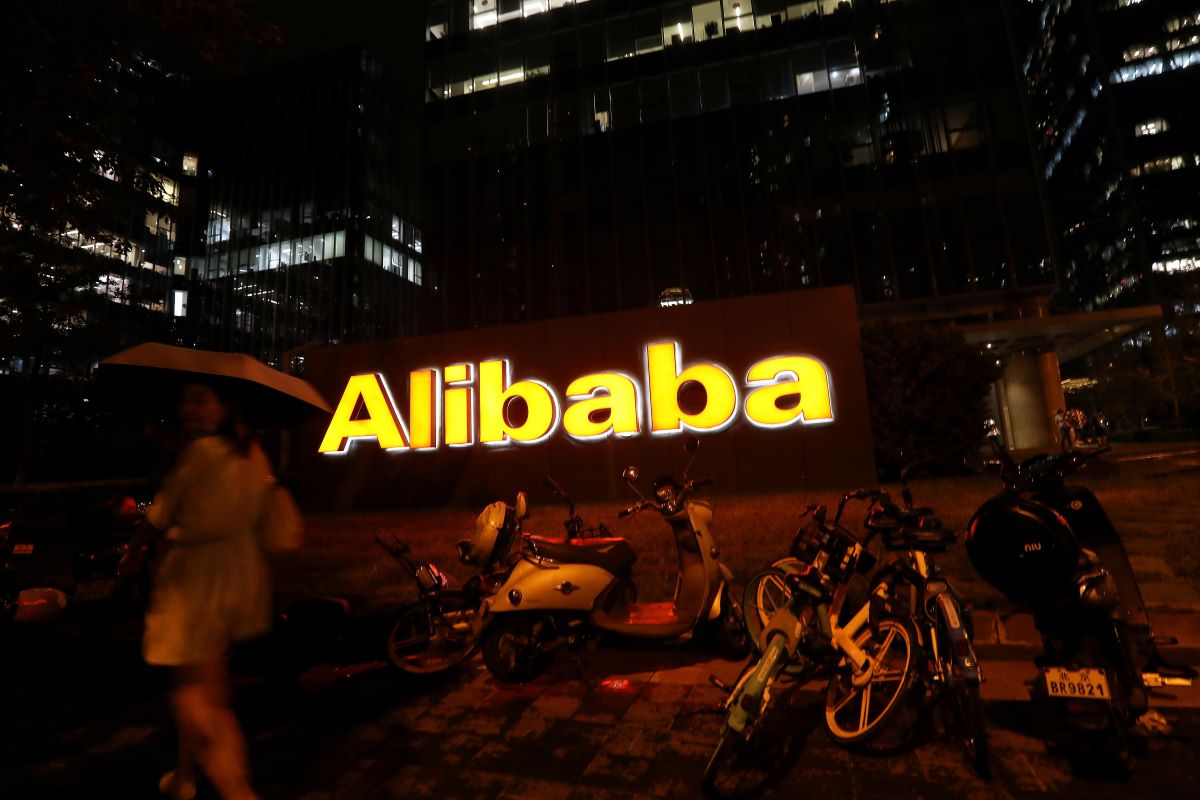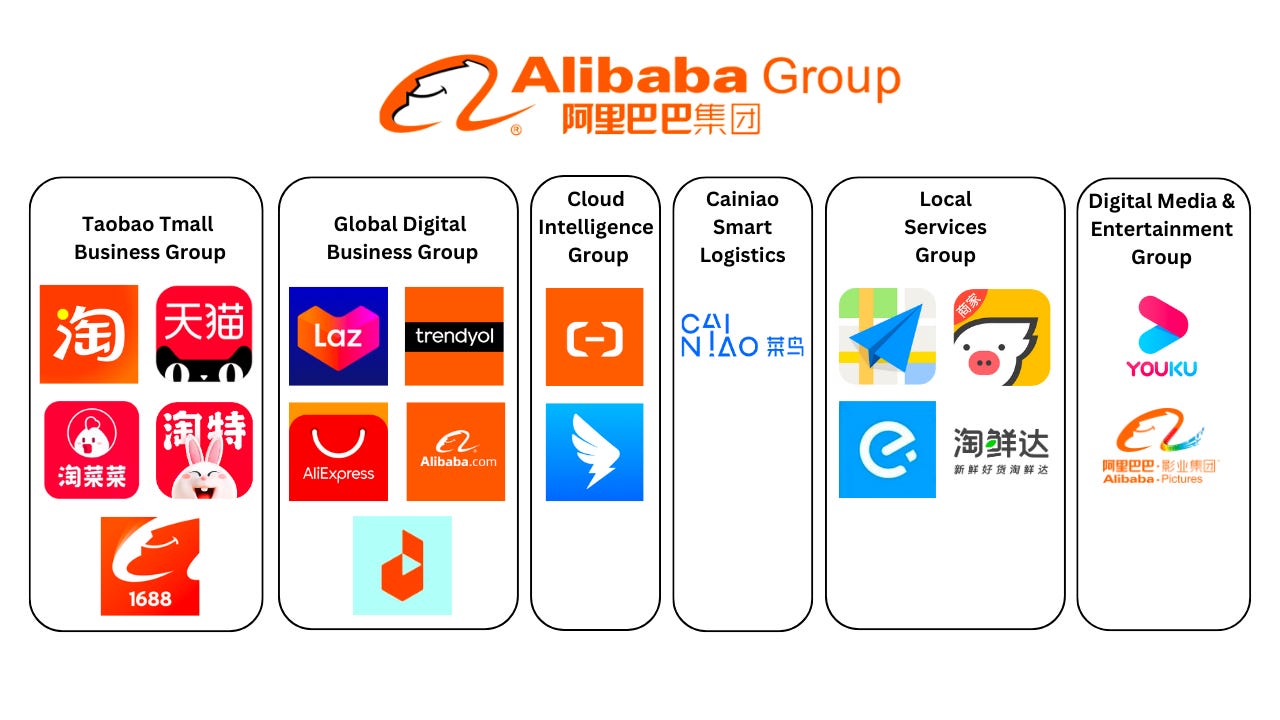Alibaba will consider relinquishing control of some of its businesses if they decide to list as part of a restructuring into six semi-autonomous units, according to top executives. This move marks the Chinese tech group’s most significant overhaul in years.
“After going public, we will continue to evaluate the strategic importance of these companies to Alibaba and, based on that assessment, decide whether or not to retain control,” said Chief Financial Officer Toby Xu during an investor call on Thursday.
The group announced on Tuesday a reorganization plan to divide itself into six business units, each with its own chief executives and overseen by a holding company. These units will be allowed to attract external capital and eventually pursue their own initial public offerings.
Chief Executive Daniel Zhang explained that while the split aligns with the existing business groups, the relationship between Alibaba and its units will evolve.
“Alibaba will transform into more of an asset and capital operator rather than a business operator,” Zhang stated. “Each business group company will have its own corporate entity. We anticipate these changes will unleash more vitality from our business units.”
Xu also mentioned that Alibaba will continue to divest from some of its external investments. “We will keep monetizing certain less strategic investments in our portfolio to improve our capital structure,” he said, adding that the group will also proceed with its previously authorized $25 billion share buyback program.
The ecommerce-led group has already been selling stakes in some portfolio companies, including offloading all its shares in Indian digital payments provider Paytm, valued at $310 million at the end of last year, through two block trades since January.

Alibaba’s fintech affiliate Ant Group still holds a 25% stake in Paytm.
This move to downsize Alibaba’s investment portfolio is similar to actions taken by rival Tencent, another major tech startup investor, which is selling off assets due to regulatory pressure over its significant sector influence.
Chelsey Tam, an analyst at Morningstar, noted in a client update that Alibaba’s business units could “meet the listing requirements of Hong Kong Main Board listing rules,” which include revenue, profit, and management targets, within three years.
Alibaba has not provided a timeline for when the units might seek external capital or go public. The Alibaba holding group will maintain full ownership of online sales platforms Tmall and Taobao, which generated more profit than the group as a whole in its last fiscal year.
Xu also acknowledged that there had been little progress on the group’s plan to convert its secondary Hong Kong listing into a primary listing, originally set for the end of 2022.
“We will continue to evaluate market conditions and external circumstances, which will take time, but we remain committed to that evaluation,” he said.
Switching to a primary listing would enable more mainland Chinese investors to purchase its shares, but it would also subject the company to greater disclosure requirements and likely force executives to report their personal sales of Alibaba stock.
Currently, lax rules for foreign issuers, including Alibaba, in the U.S. exempt its executives from making this information public. In November, Alibaba also attributed part of the delay to the need to create a new stock compensation plan for employees.







Leave a Reply